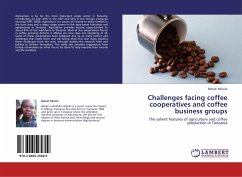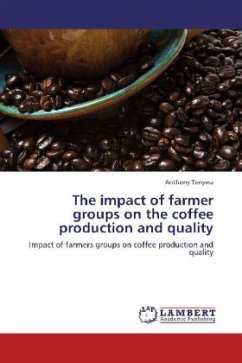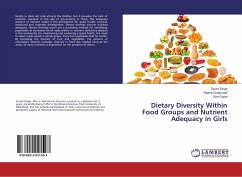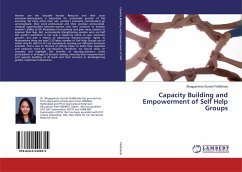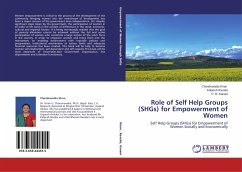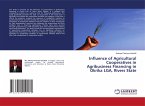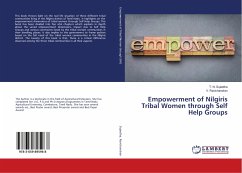Agriculture is by far the most important single sector in Tanzania contributing to over 45% in the GDP and 65% in the foreign exchange earnings (URT, 2000). Agriculture is a source of income to many families in the rural area and a major wage earner in the agro-based industries and agribusiness in Tanzania. Agriculture provides income opportunities to about 81% of the workforce in Tanzania. Most of the cooperatives found in coffee growing districts in Mbeya are now days not operating at all. Some of these cooperatives have collapsed due to so many factors and challenges that faced them and still facing them.This case study explores these challenges from the root, through visiting the research field and talking to farmers themselves. The study also provides suggestions from farmers themselves on what has to be done to help improve their income and life standard.
Bitte wählen Sie Ihr Anliegen aus.
Rechnungen
Retourenschein anfordern
Bestellstatus
Storno

